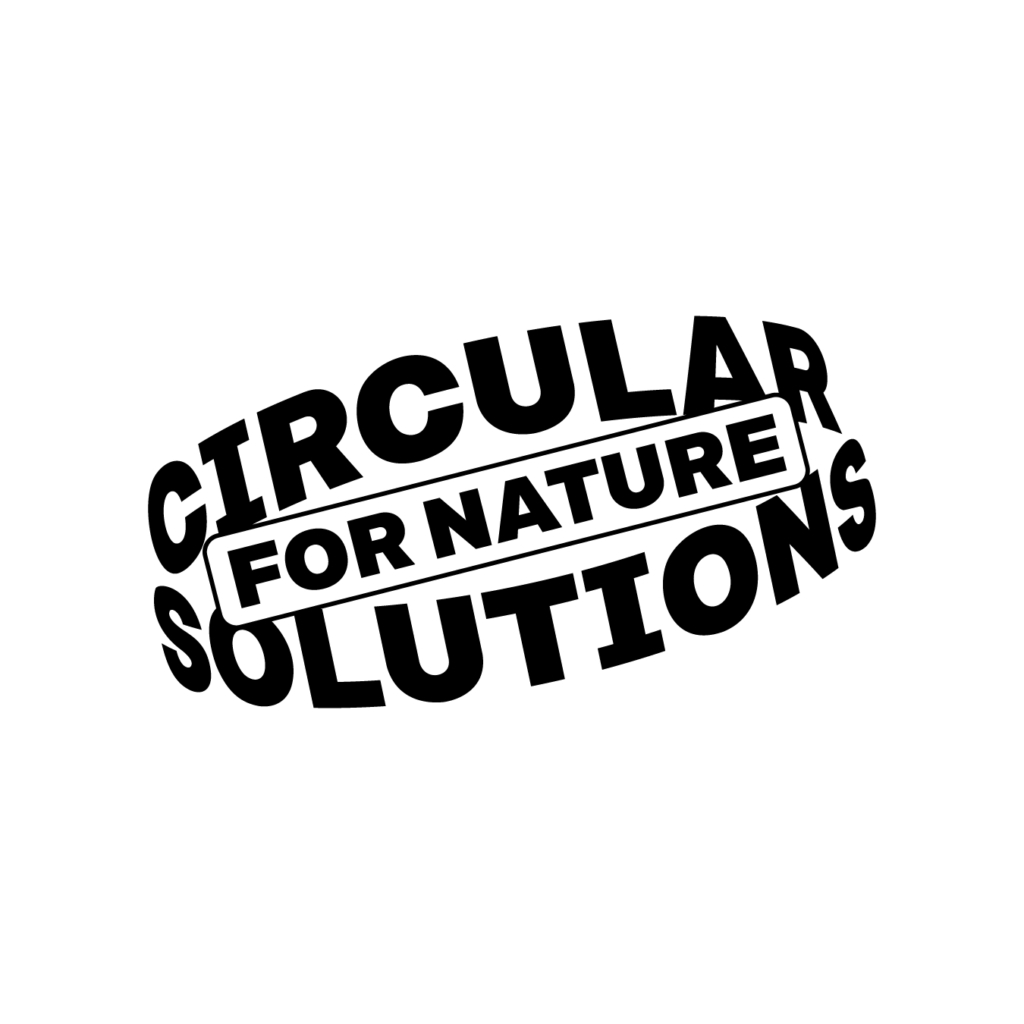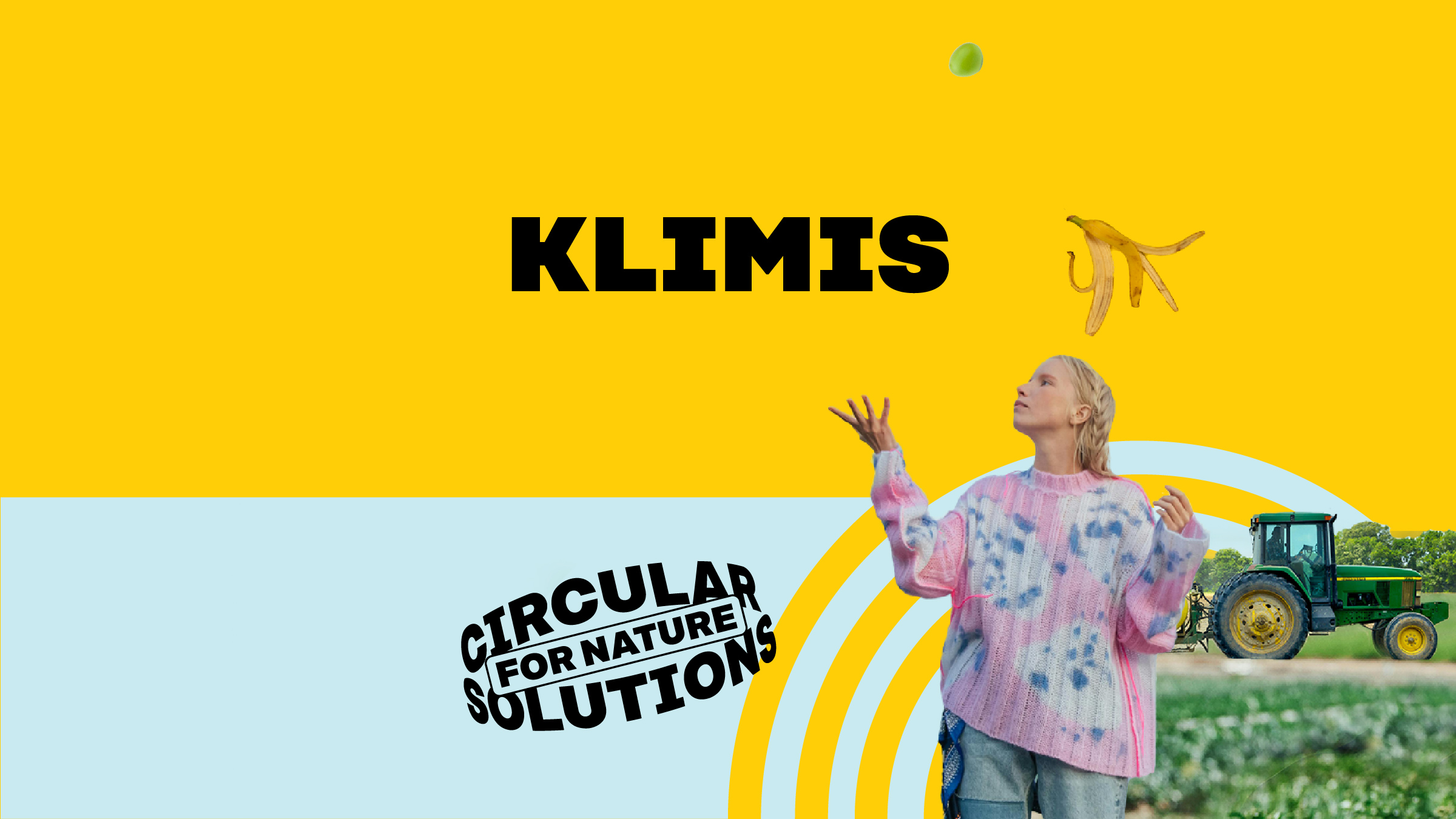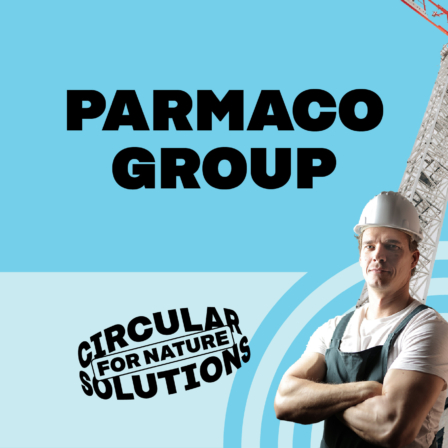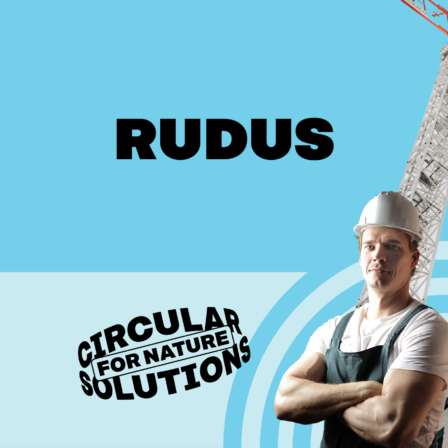Problem
Using and making traditional charcoal, especially from wood fuel, significantly contributes to deforestation and pressure on local ecosystems as well as greenhouse gas emissions. Unsustainable forest practices, inefficient charcoal production and the way wood fuel is burned all contribute to these emissions.
Solution
KLIMIS, a family business rooted in Kalamata city since 1968, addresses these challenges by utilising crushed olive stones, a biomass waste product, to the fullest extent as an alternative material for many applications. Fired with crushed limestone, olive stones produce quicklime that can be used in agriculture and construction. The remaining partially combusted olive stones can be repurposed into slow-burning barbecue briquettes, a sustainable alternative to wood charcoal. Recovered energy from the by-products of locally grown food crops can fuel industrial processes.
“Many firms start by finding value in what would otherwise be waste. Often this resource may be too small in their own operations to be profitable, but by bringing in this resource from other firms, a business can be made.”
Riku Sinervo and Tim Forslund, Sitra
Biodiversity impacts
By using biomass waste in the form of olive stone side streams, KLIMIS can avoid contributing to the deforestation and land degradation associated with traditional charcoal production through reducing the demand for firewood. The solution also helps reduce air pollution and it emits 30% less carbon emissions compared to wood charcoal, according to KLIMIS.
Benefits for the company
This internal industrial symbiosis ensures resource efficiency, without interfering with the life cycle of olive trees. Using the material from olive stones to the maximum extent avoids material loss and offers new application areas for their product.

































